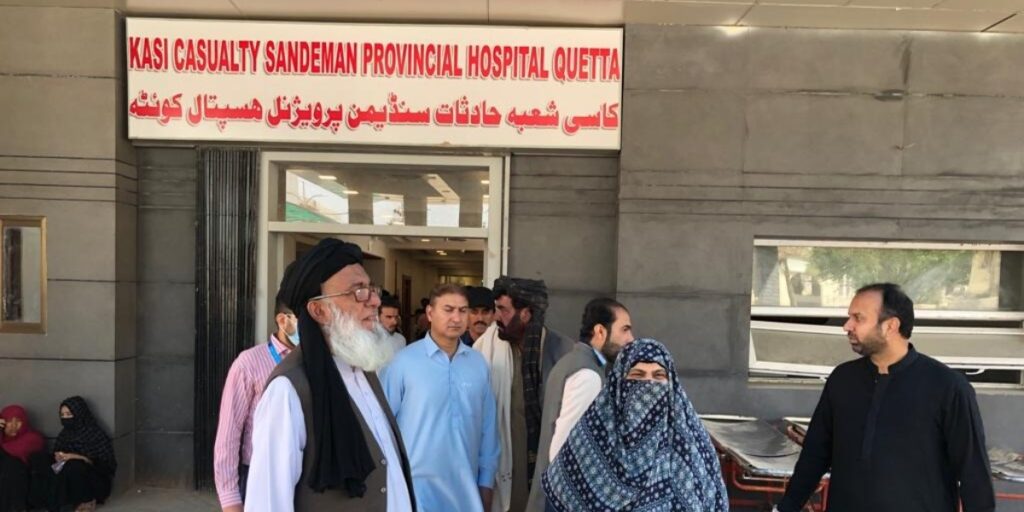QUETTA: The Balochistan Health Department has constituted a four-member committee to investigate the sudden death of a young patient at Sandeman Provincial Hospital, Quetta.
The committee will be led by Divisional Director Health Quetta, Dr. Faheem Khan Afridi, with members Khalid Murad (Deputy Secretary Health), Dr. Abdul Ghafoor (Associate Professor BMCH), and Dr. Rakhshanda Allah Dad (Director Technical Health).
According to Balochistan news Updates, The team will review all facts surrounding the incident and submit a detailed report.
The provincial health authorities have also expressed deep sorrow over the tragic event.
Balochistan News Updates
Hospitals in Balochistan occasionally report sudden and unexplained patient deaths, often linked to delayed diagnoses, inadequate emergency facilities, or shortages of specialized staff.
Factors such as insufficient medical equipment, limited intensive care capacity, and delayed referrals from rural areas can worsen outcomes.
In some cases, undetected cardiac issues, severe infections, or complications from chronic diseases contribute to rapid deterioration.
Remedies include upgrading emergency departments with advanced monitoring tools, ensuring round-the-clock availability of trained specialists, and implementing strict protocols for early detection of high-risk conditions.
Regular staff training, improved ambulance services, and stronger accountability mechanisms can significantly reduce such tragic incidents across the province.
Balochistan’s hospitals continue to face chronic gaps in infrastructure, staffing, and equipment, limiting access to quality care for a largely rural population.
Major tertiary centers in Quetta, such as Sandeman Provincial and Bolan Medical Complex, struggle with overcrowded wards, outdated diagnostic machines, and shortages of intensive-care beds.
Many district and tehsil hospitals operate without specialist doctors, trained nurses, or consistent supplies of essential medicines.
Rural Basic Health Units often lack electricity, clean water, and functioning laboratories, forcing patients to travel hundreds of kilometers for even routine treatment.
ALSO READ: Provincial health minister visits Indus Hospital
Budget delays, security challenges, and difficult terrain further hamper timely upgrades. Strengthening primary healthcare networks, incentivizing doctors to serve in remote areas, and ensuring reliable funding for equipment and staff training are critical stCeps to improve patient outcomes and reduce preventable deaths across the province.





